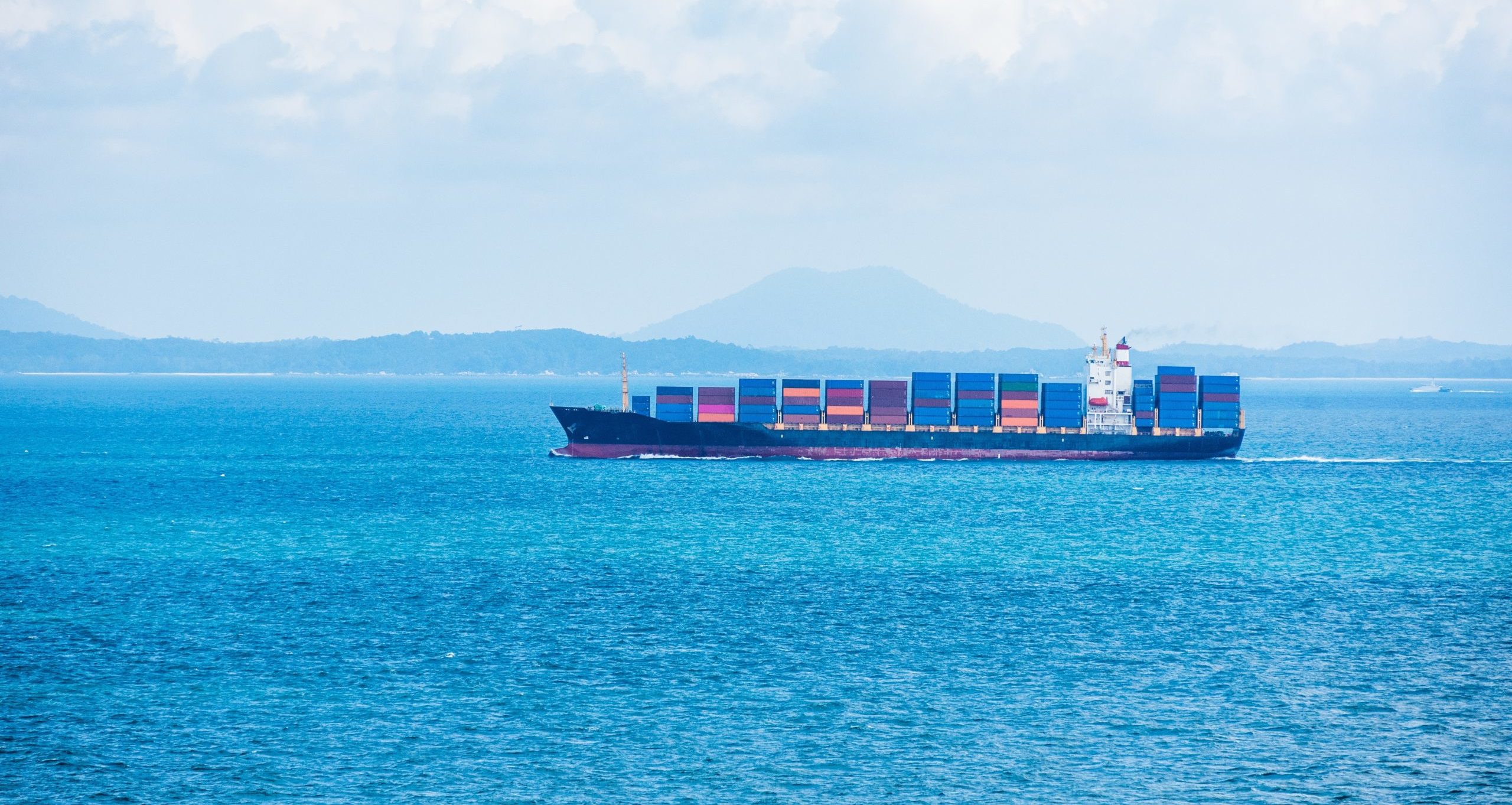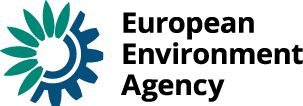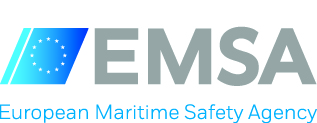
About
This policy insight will draw on the findings of the European Maritime Transport Environmental Report 2025 as a guiding evidence base to explore key strategies for sustainable maritime transport and align the sector with Europe’s broader environmental and economic objectives.
Maritime transport is a cornerstone of Europe’s economy and trade, carrying around 75% of EU merchandise imports and exports, and one-third of intra-EU trade. The sector provides substantial economic and social benefits, yet remains a major contributor to air and water pollution, affecting marine biodiversity and human health. In 2022 alone, shipping was responsible for 3-4% of the EU’s total CO2 emissions, with an 8.5% increase from the previous year, largely driven by containerships, oil tankers, bulk carriers and general cargo ships.
The Climate Law and the Fit for 55 package, the European Green Deal and the Zero Pollution Action Plan, together with the recent Competitiveness Compass and the upcoming Industrial Clean Deal, put the maritime sector under greater scrutiny, underscoring the urgency of accelerating decarbonisation efforts.
As Europe moves towards climate neutrality and its ‘Zero Pollution’ ambition, how can the maritime industry chart a course towards sustainability while maintaining its competitiveness? As part of the overall objective of sustaining Europeans’ quality of life, the European Commission is launching the Oceans Pact to define a comprehensive plan that improves the sustainability of the blue economy while seizing the opportunities that the oceans offer to the industry and coastal communities. Striving to reduce fragmentation and acknowledge the issues facing coastal communities and industries, the Pact will need to draw in many different voices to ensure Europe’s ocean governance can adopt a whole-of-society approach.
This event will be in-person and livestreamed. You will be able to follow the livestream on this webpage. We also encourage you to interact and ask your questions through the Slido online platform.
Follow us on Twitter, LinkedIn or Instagram and join the #FoEDebate conversation!
Related content:
Our events include photos, audio and video recording that we might use for promotional purposes. By registering you expressly confirm that you have read and understood Friends of Europe privacy policy. Should you have any questions, please contact us on privacy@friendsofeurope.org.
PHOTO CREDIT: Shutterstock| Mariusz Bugno
Schedule
- How will the European Oceans Pact affect the maritime transport industry?
- How can the adoption of cleaner fuels and energy-efficient technologies in shipping be sped up?
- What are the most urgent measures, at the European and international level, needed to tackle air and water pollution from shipping and impacts on biodiversity, considering the current geopolitical landscape?
Speakers

Executive Director of the European Maritime Safety Agency (EMSA)
Ms Maja Markovčić Kostelac took up the position of Executive Director of the European Maritime Safety Agency (EMSA) on 1 January 2019. She is responsible for the running and development of the Agency under the oversight of its Administrative Board.
Starting out as a maritime lawyer, she has subsequently gained long-standing experience in the maritime field in both the public and private sector.
Prior to joining EMSA, Ms Markovčić Kostelac was State Secretary for Croatia’s Ministry of the Sea, Transport and Infrastructure. Her duties entailed developing strategies, policies and legislation in the area of maritime transport, maritime safety, security and environmental protection. In this role, she also led the Croatian delegation in a range of international forums at the United Nations, such as the International Maritime Organization (IMO) and the International Labour Organization (ILO).
During her time at Croatia’s Ministry of the Sea, Transport and Infrastructure she held a number of positions, including Director of the Maritime Policy Directorate. She also served as Director of the Croatian Shipowners’ Association (Mare Nostrum).
Since joining EMSA, Ms Markovčić Kostelac has established the Agency’s five-year strategy (2020-2024) and organises its implementation. She has led EMSA’s work on a range of strategic and operational issues, including the maritime dimension of the European Green Deal, the development of enhanced digital solutions for national level administrations and relevant authorities, and the provision of support at international level to the European Commission and Member States at the IMO.

Facilitator
Tamsin Rose is a facilitator who was until recently a senior fellow for health at Friends of Europe. Having studied international relations, she has 25 years of experience working across the European continent from Ireland to Mongolia. A natural communicator, Tamsin has been a radio reporter, worked on press for the EU Delegation in Moscow and is currently a member of the external speaker team for the European Commission Directorate-General for Communication, describing how the EU works and key policies to visitor groups from around the world. Since 2002, she has specialised in public health and public participation issues, serving as the Secretary General of the European Public Health Alliance (EPHA), and providing strategic advice for health groups on how to engage successfully with the EU.

Secretary General of the European Sea Ports Organisation (ESPO)
Isabelle Ryckbost currently serves as Secretary General of the European Sea Ports Organisation (ESPO). Before taking up this function, she was working as Director of the European Federation of Inland Ports (EFIP) and was Senior Advisor of ESPO for four years. Prior to joining EFIP, Ryckbost worked in EU Public Affairs for almost 20 years. After a short period at the European Commission (DG Agriculture), she worked in an EU Public Affairs consultancy. Ryckbost also worked in the European Parliament, where she was Dirk Sterckx’s political assistant for 10 years, focusing mainly on transport and port-related fields. She is co-author of the handbook “Zo Werkt Europa”.

Executive Director at the European Environment Agency (EEA)
Leena Ylä-Mononen has worked with national, European and international environmental policy and administration for over 30 years. Before joining the EEA, Ylä-Mononen was director general at the Finnish Ministry of the Environment, where she was in charge of the Ministry’s Climate and Environmental Protection Department, dealing with environmental policy issues and EU files. Prior to joining the Ministry Ylä-Mononen worked in management positions at the European Chemicals Agency (ECHA) in Helsinki, first as a head of unit and then as one of the directors. She also worked at the European Commission, Directorate-General for Environment, on policy files related to chemicals, pesticides and multilateral environmental agreements related to chemicals.

Adviser for Strategic Foresight, Research and Science in Ocean Policies at the European Commission Directorate-General for Maritime Affairs and Fisheries (DG MARE)
Stephen has over 25 years experience of working in the European Commission. Prior to his current position, he worked on a number of topics within the Commission’s DG Joint Research Centre, including coordination, knowledge management and practices for evidence-informed policymaking. Prior to this, he worked in the DG for Home Affairs working on migration policy, including developing the European Migration Network. Stephen started his career in the Commission in the DG for Research and Innovation, where he worked as a project officer in what is now the Marie Skłodowska-Curie Actions. Stephen previously studied and worked as a physicist.
Partners
Activities
A bold vision for a climate-neutral and competitive Europe
Next event In person & livestreamed

- Area of Expertise
- Climate, Energy & Natural Resources
European Oceans Pact: is maritime transport on board?
Past event In person & livestreamed

- Area of Expertise
- Climate, Energy & Natural Resources
Staying the course: driving sustainability forward in a shifting…
Past event In person & livestreamed

- Area of Expertise
- Climate, Energy & Natural Resources
Navigating risks and enhancing resilience: charting Europe’s energy and…
Past event In person & Livestreamed

- Area of Expertise
- Climate, Energy & Natural Resources
A betrayal of the future: the EU must act now
- Category
- #CriticalThinking
- Author
- By Benjamin Van Bunderen Robberechts
Citizen-led recommendations for the Horizon Europe Missions on…
- Category
- News
- Area of Expertise
- Democracy
Policy Voices | What is the cost of not doing Carbon Dioxide Removal?
- Category
- Podcast
- Area of Expertise
- Climate, Energy & Natural Resources
Competitiveness and clean energy, the challenge of European industries
- Category
- #CriticalThinking
- Author
- By Michele Bologna

- Area of Expertise
- Climate, Energy & Natural Resources

- Area of Expertise
- Climate, Energy & Natural Resources

- Area of Expertise
- Climate, Energy & Natural Resources

- Area of Expertise
- Climate, Energy & Natural Resources
Continue
the debate on
- Debating Europe




